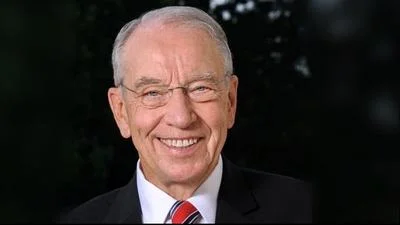Leah Courtney Senior Media Manager – Midwest | Official Website
Leah Courtney Senior Media Manager – Midwest | Official Website
Iowa State Director Matt Everson and John Hendrickson, policy director for Iowans for Tax Relief, have co-authored an opinion piece in the Des Moines Register. They emphasize the need to make the provisions of the Tax Cuts and Jobs Act (TCJA) permanent, highlighting concerns about inflation and economic uncertainty.
The authors argue that "Bidenomics" is ineffective and warn of a significant tax increase in 2025 if the TCJA is not renewed or made permanent. Key provisions set to expire include reductions in personal tax rates and an increased standard deduction. The TCJA also offers a 20% deduction on qualified business income for small-business owners who pay taxes through individual income tax codes.
Everson and Hendrickson caution that without these measures, individuals and small businesses could face a nearly $4 trillion tax increase amid ongoing inflation. They credit the TCJA with achieving tax reform, fostering economic growth, and sparking what they term as a "state income tax cut revolution."
In Iowa, both individuals and businesses reportedly benefited from the TCJA. Small businesses expanded operations, hired more workers, and offered bonuses. Workers saw significant earnings increases due to plentiful work opportunities.
The op-ed also notes that Iowa's fiscal agenda was influenced by the TCJA. In 2018, Governor Kim Reynolds prioritized tax reform with support from a Republican-led Legislature. Consequently, Iowa transitioned from a progressive income tax system with a top rate nearing 9% to a flat 3.8% rate starting in 2025—making it one of the lowest rates nationwide.
Critics who blame the TCJA for deficits are refuted by Everson and Hendrickson. They claim that federal revenue actually increased under the TCJA while persistent deficits are attributed to uncontrolled spending rather than tax cuts.
The Congressional Budget Office projects public debt reaching $50 trillion by 2034—a situation they attribute to federal spending habits rather than revenue issues caused by the TCJA.
Everson concludes that individuals and small businesses should not bear responsibility for federal spending excesses: "The TCJA was a clear benefit to individuals and small businesses, and it must be made permanent."




 Alerts Sign-up
Alerts Sign-up